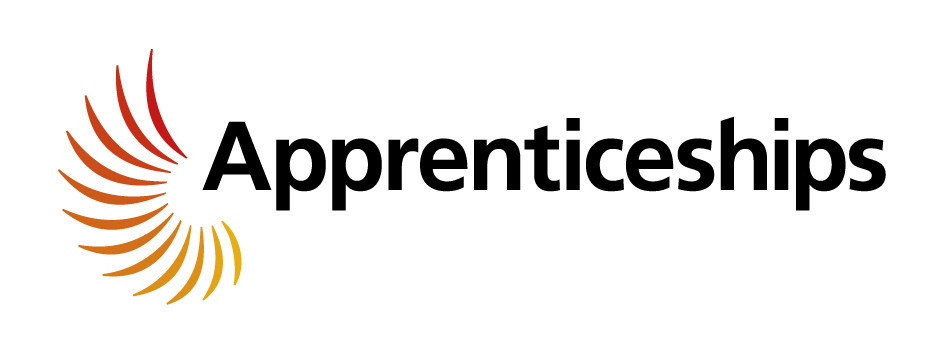Course Overview
The Machining Technician role focuses on setting up machines prior to production as well as monitoring and correcting them as needed. This occupation is found in the Advanced Manufacturing and Engineering (AME) sector. AME includes Aerospace, Automotive, Maritime Defence, Nuclear and Construction sectors. Machining technicians produce complex and precision machined products that are typically used in machinery.
What will I learn?
· Conduct safety checks and performance monitoring for machining, associated equipment and surrounding work area
· Receive, read and interpret engineering data and documentation, engineering drawings and technical data. Contribute to or plan the days machining schedule
· Check and inspect materials to be machined to ensure that they conform to quality standards. Identify and report any issues or faults such as incorrect grades, dimensions and thicknesses
· Plan and prepare sequence for the machining activities. Ensure that the correct tooling, work holding, and materials are used. This applies to conventional complex or CNC complex machining tasks
· Set up, operate, adjust or edit conventional or CNC machining equipment settings and programmes for the machine tool being used
· Machine high-quality complex components using a broad range of processes. For example, internal or external thread cutting, slots and pockets, internal or external under cutting. Also profile forms, tapered and eccentric diameters, bored holes, and tee slots
· Inspect components produced. Adjust the machining equipment or programme and tooling to ensure components meet quality requirements
· Identify, communicate and report issues affecting machining component quality, quantity and deadlines
· Complete machining documentation at all stages of the work activity. For example, standard operational procedures, control documentation and contribution to audits.
· Maintain and restore the machining work area, performing housekeeping and waste management as appropriate. Ensure tools, unused materials and equipment are returned to a safe, clean and approved condition on completion of machining work
· Keep stakeholders for example, customers, colleagues and line managers informed about machining work
· Perform scheduled daily inspection and machine shut down or safe isolation
· Support continuous improvement activity to address business problems
Study, Assessment and Qualifications
The Pearson BTEC Level 3 Diploma in Advanced Manufacturing Engineering (Machining) (Development Technical Knowledge) will be delivered one day a week during term time only at our Chippenham campus during term time only for the full duration of the programme.
With the Level 3 NVQ Level 3 Diploma in Mechanical Manufacturing Engineering assessed in the workplace.
An assessor will visit you at least every 8-10 weeks to complete a progress review and onsite observations.
As part of the apprenticeship programme, you’ll need to record a minimum of 6 hours per week ‘off-the-job’ training time. This can include college attendance, work shadowing, training, workshops, online learning, tutor sessions, revision, webinars, industry visits – anything that supports your learning on the apprenticeship and supported by your dedicated assessor.
This programme is assessed by a multiple-choice test, practical assessment with questions and an interview underpinned by a work-based portfolio of evidence as part of your EPA.
On successful completion of the Machining Technician Level 3 Apprenticeship you will hold the qualification of the Apprenticeship Standard plus Pearson BTEC Level 3 Diploma in Advanced Manufacturing Engineering (Machining) (Development Technical Knowledge) and NVQ Level 3 Diploma in Mechanical Manufacturing Engineering.
Entry Requirements
Apprentices must have maths & English L2 or GSCE grades 4 (C) and above.
You must have secured a position with an employer and be ready to start working with them before you can begin your apprenticeship course.
If you already have an employer and they have agreed to put you through an apprenticeship, contact the Apprenticeship team and we'll get you started. Email apprenticeships@wiltshire.ac.uk or call 0845 345 2235.
Additional Costs and Information
This apprenticeship lasts 42 plus 3 months for the End Point Assessment (EPA) and begins in September.
On successful completion of this standard, you can apply for the appropriate level of professional registration (EngTech) with the relevant Professional Engineering Institution such as the Engineering Council.






